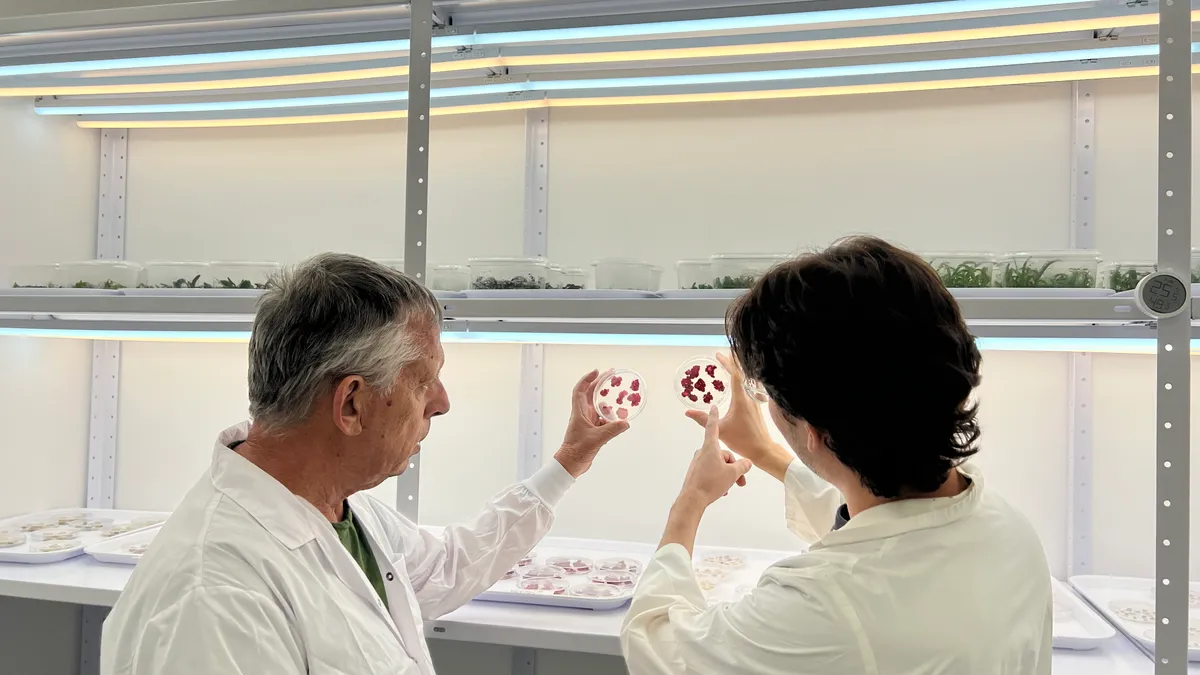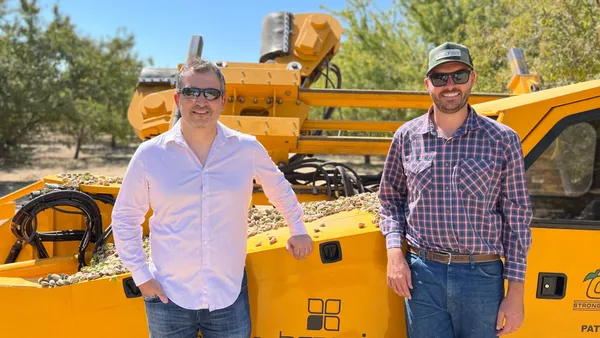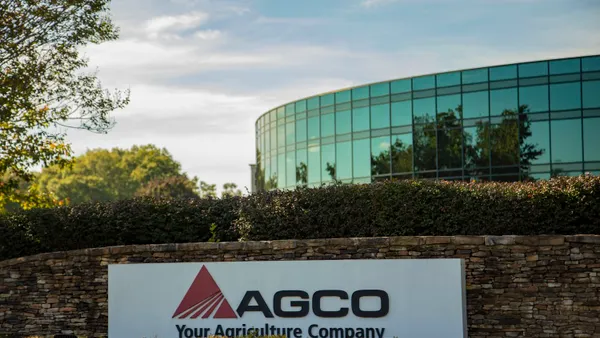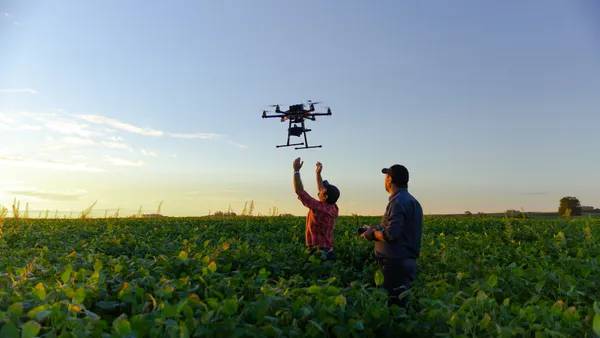While cultivated meat companies Upside Foods and Eat Just have been making headlines with developments in the space and openings of new production facilities, one startup has been quietly applying this same concept to berries.
Israeli nutritech startup Novella is in the early stages of developing intact-cell berry compounds grown outside of the plant using “novel, precision-controlled-environment technology,” the company announced earlier this month.
Berries’ main health benefits are their antioxidant capacity and overall wellness attributes, the company said. With that in mind, Novella has found a way to extract these nutrients, without using an entire plant.
“We know much more about specific health condition categories that particular phytochemicals could help benefit, and which berries have higher concentrations of the compounds that confer these studied benefits.”
The startup has lofty plans to introduce an entire supply channel for these nutraceuticals which, according to the company, are currently in peak demand.
The nutraceutical industry has seen massive interest over the last year. In 2022, the market size was worth $423 billion, and is expected to grow at a compound annual growth rate of 4.5% from 2023 to 2032, according to a report from Global Market Insights.
Nutriceuticals — which is a space Novella hopes to see its products — have grown to become vital components of consumers’ lifestyles, the report said. While nutraceuticals are typically used to address a specific health issue, many can serve multiple therapeutic purposes, like Novella’s berries.
While the cultivation of the fruit uses the same technologies as cultivated meat companies, the purpose is also the same — less waste.
“What we realized is that you don’t need the whole plant, or the whole fruit, you just need the one part of it,” Itay Dana, CEO and co-founder of Novella, said in an interview with Food Dive.
“Essentially, we screen different tissues of the berry plant, look for the highest concentration of nutrients, extract them, and eventually end up with a product that is 100% plant cell or berry cell, without any waste of any kind,” Dana said.
The end result is a powder that the body can readily absorb, and Novella plans to sell this product to other players in the nutraceutical space.
According to Dana, Novella has no direct competitors.
“Most companies are focusing on bulk material, and the one that is looking on nutraceuticals like we are, they are essentially exploding at the end of the process,” Dana said.
Novella recently opened a new facility to house both its operational headquarters as well as a pilot plant to accelerate the cultivation of whole-berry fruit cells from five varieties. “Each variety is designed to meet distinct supplement market demands,” the company said.
The startup has hopes of easing some of the bottlenecks in the supply for high-demand berry ingredients within the global supplement space. But just like cultivated meat, Dana said, consumer education is a barrier.












